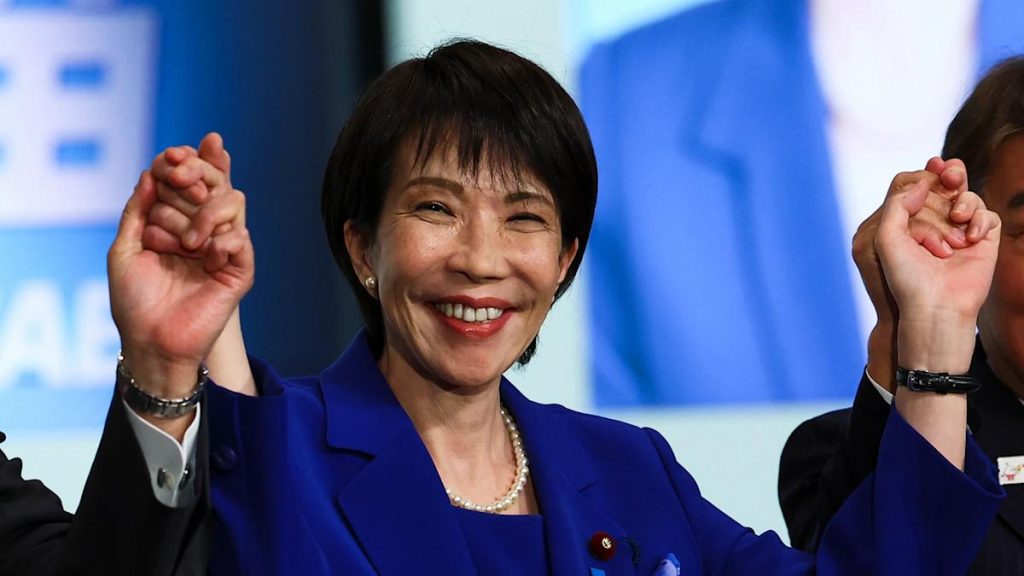What Are Her Views on Crypto?

Key Takeaways
-
Sanae Takaichi becomes Japan’s first female prime minister, the 104th in history.
-
A conservative protégé of Shinzo Abe, she supports tech innovation and lower taxes.
-
Analysts expect her government to push Japan’s crypto adoption forward.
Japan has elected its first-ever female prime minister.
On Oct. 21, Sanae Takaichi, a conservative politician and long-time ally of the late Shinzo Abe, was chosen as the nation’s 104th leader.
Takaichi secured her win after the ruling Liberal Democratic Party (LDP) formed a coalition with the Japan Innovation Party, defeating opposition leader Yoshihiko Noda by a vote of 237 to 149 in the lower house.
Her election is historic for Japan, breaking a 140-year precedent in parliamentary politics while also signaling a new era of policy continuity mixed with reform.
Takaichi has not been outspoken on cryptocurrencies in recent years, but her policy record suggests a cautiously favorable stance.
She has consistently advocated for technological sovereignty and investment in strategic digital infrastructure — including blockchain and Web3.
Industry analysts say this positions her government to clarify laws on custody, tokenized assets, and investor protection under the Financial Instruments and Exchange Act (FIEA).
Recent regulatory shifts — such as the Financial Services Agency (FSA) allowing banks to hold Bitcoin and banning crypto insider trading — reflect the pro-tech direction she is likely to continue.
While she views cryptocurrencies as speculative, Takaichi also recognizes their innovation potential.
This balance of regulated growth over unchecked expansion has led some observers to label her “pro-technology and pro-crypto.”
Japan, as a nation, is quite progressive when it comes to digital assets.
The country has expanded access to crypto investment products, including exchange-traded funds (ETFs), and has seen its user base quadruple to 8 million in five years.
On-chain value in Japan grew 120% year-over-year — the fastest in Asia-Pacific.
Takaichi’s tax-cutting orientation could further accelerate adoption.
Currently, crypto gains are taxed as miscellaneous income at rates up to 55%.
A push to align taxes with equities at 20%, long supported by allies in the Japan Innovation Party, may gain new traction under her leadership.
At the same time, her fiscal policies — a mix of monetary easing and stimulus spending — could boost liquidity for alternative assets like Bitcoin and Ethereum, reinforcing Japan’s role as an emerging crypto hub.
Do you want to build your own blog website similar to this one? Contact us







